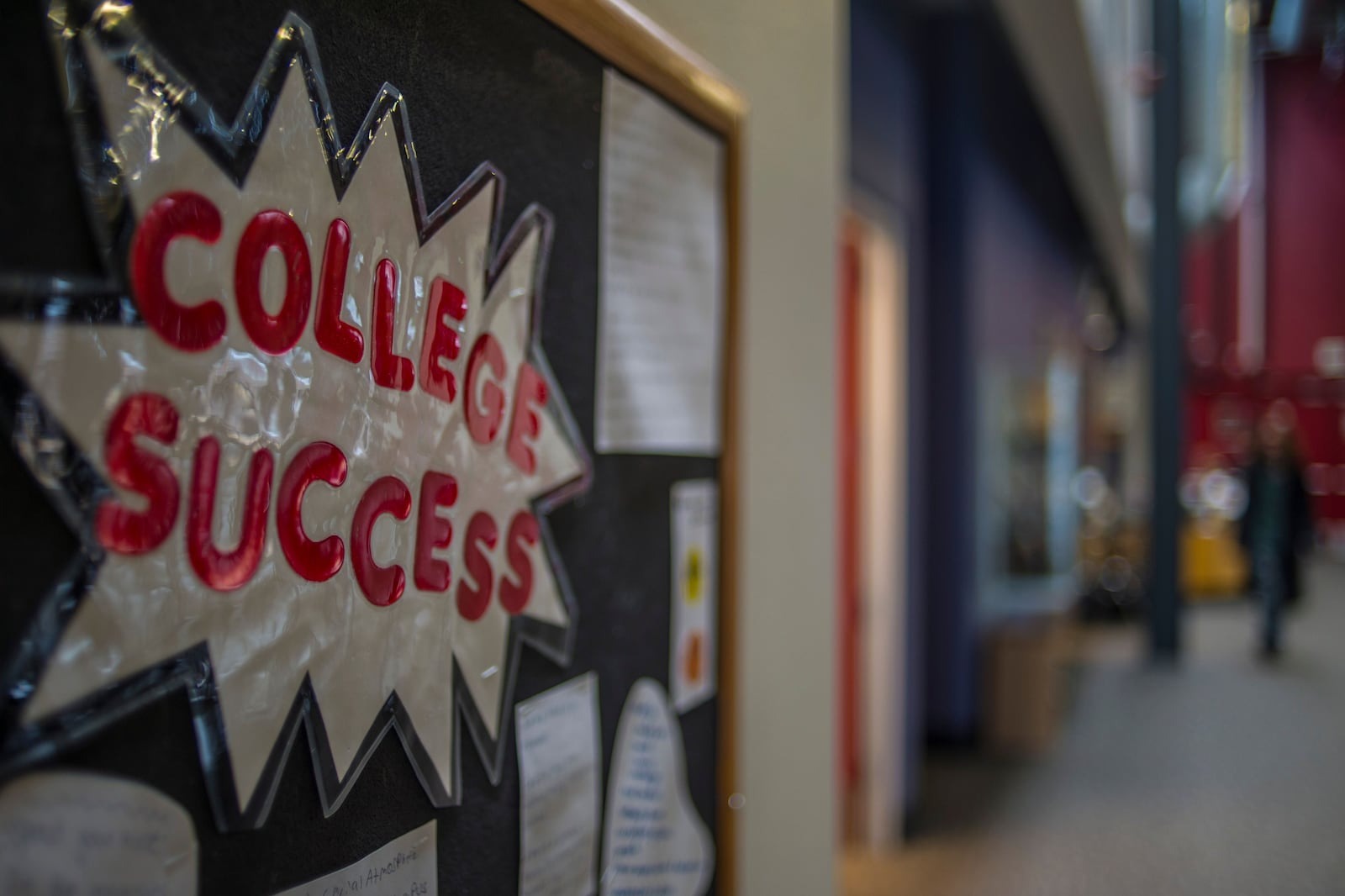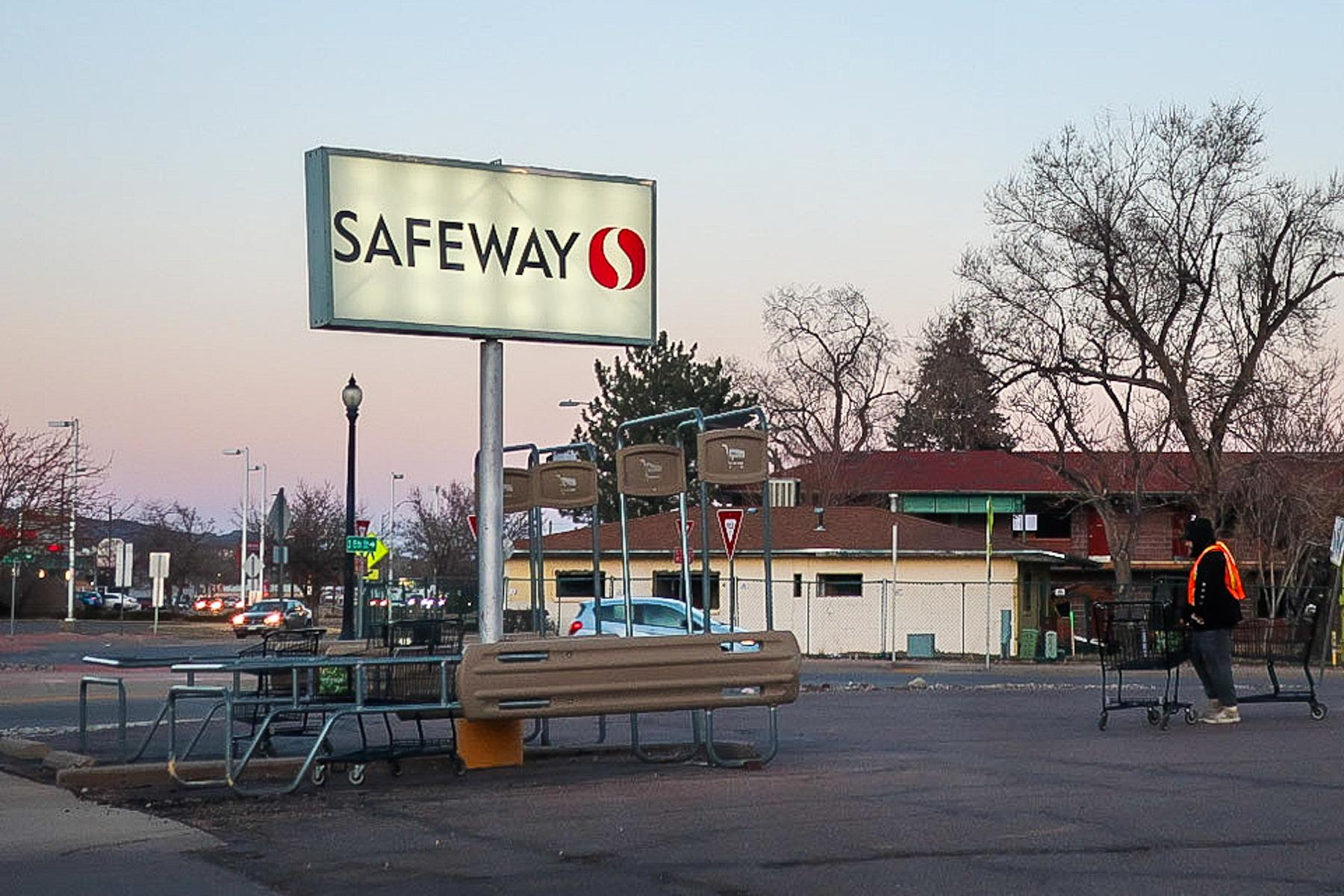

Recently I came across some old notes that might as well have been written in Sanskrit. Aphorisms, clever sayings that seemed to turn on themselves.
“If you experience it, it’s the truth. The same thing believed is a lie.”
“In life, understanding is the booby prize.”
This was my handwriting but the ideas might as well have been written in code.
It took a few seconds to calculate the date backward and realize they were jotted down in the early 1980s, thirty years ago, when my husband and I were new graduates of the est training — Werner Erhard’s personal growth enterprise. We did the est training at the pinnacle of its popularity, a decade before Werner fled the United States amid accusations of gross misconduct. Though the charges were eventually recanted or disproved, Erhard’s reputation never quite recovered.
We were ripe fruit, waiting to be picked: ignorant of the concept of self-actualization, cut loose from our family and our culture, and desperate to discover what made us tick. We were 28 years old with a 6-year old daughter, lifelong Tennesseans transplanted to Honolulu courtesy of the U.S. government, far from home with no strings attached.
I can’t remember exactly how we came to the training, except that my husband did it first: spent an outrageous amount of money to sit in a hotel ballroom for four 12-hour days over two weekends, then came home and told me he couldn’t explain what he learned, that I’d have to do it myself to understand this experience that had him smiling, laughing in his sleep, and buzzing with a know-it-all vibe.
So I went. With his blessing, indeed propelled by his evangelical fervor, I spent the next month’s rent on two weekends in a sad metal chair deep in the innermost reaches of the Hilton Waikiki where there were no windows and no ocean views to distract us, only the hawkish swooping and maneuvering of an ordinary looking man named Hal, our trainer. Hal scared the bejesus out of me and 200 other adults, daring us to cast aside everything we believed to be real and follow him down a rabbit hole of freedom in non-believing.
Here is my confession: I didn’t get it. I did not see the light. Moreover, I did not believe that I was not my story, not for a minute, though I pretended I did. At the end of four days of haranguing and sensory deprivation, confession and startling revelations by complete strangers, I smiled and high-fived with my fellow trainees and my proud husband, happy it was all over. But I didn’t have a clue what they were talking about when they said they “got” it.
Basically, I believed I had failed the course. But I liked the people I met at the training and I was new to Honolulu with few friends, so I eagerly signed up to volunteer at the area office from where new trainees were recruited and the gospel of est was spoken in terse jargon that sounded like riddles. Our energetic leader, Jackie, saw through me quickly and knew I would be bad at recruiting, or what est-ies called “enrollment,” so I was assigned to do mundane tasks like pick up lunches, set up chairs, fill pitchers with water. On one lucky weekend, I was assigned along with several other volunteers to clean Werner’s yacht.
I polished the galley, and even after that, I still didn’t get it.
Truth be told, what I really liked about the est training and the follow-up seminars were the stories I heard when deeply moved people — aggrieved, ashamed, abused, arrogant, dangerous, or just merely confused — stood up to share, only to be harassed by the trainer afterward to admit these were just their stories, not who they were. I scooped up their stories like fish in a net, wriggling and flailing with all the living they contained.
Here were sex addicts, prostitutes, celebrities, politicians, business executives, con men, spiritual seekers, cheating husbands and unhappy housewives, all thrown together in one room with the door locked. I loved these people. I loved their stories.
I loved their flaws and their honesty, their flair for duplicity amid their yearning for truth. I loved that when they guzzled from the pitcher of water at break time, they drank as if they had just been plucked from 30 days in the desert.
I believed they were their stories, and they were more. It was my experience and I believed it. It was the truth and it was a lie. I didn’t get it and I did.
Kathryn Eastburn is the author of A Sacred Feast: Reflections of Sacred Harp Singing and Dinner on the Ground, and Simon Says: A True Story of Boys, Guns and Murder in the Rocky Mountain West. You can comment and read or listen to this column again at The Big Something at KRCC.org. “The Middle Distance” is published every Friday on The Big Something and airs each Saturday at 1 p.m. right after This American Life.








